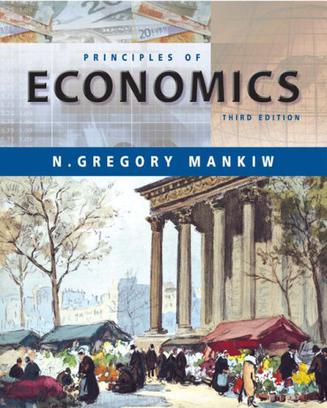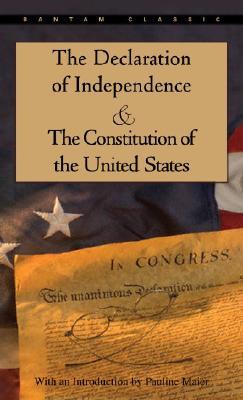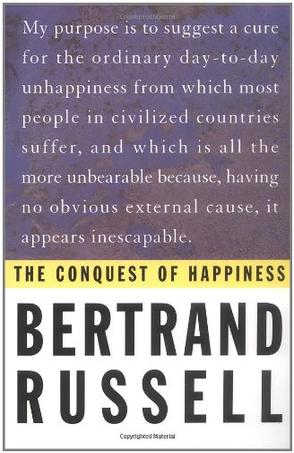-

A Little Princess
Generations of children have treasured the story of Sara Crewe, the little girl who imagines shes a princess in order to survive hard times at Miss Minchins London boarding school. Now, this classic novel is available in two beautiful new collectors editions. With Tasha Tudors enchanting black-and-white illustrations, and lovely details like a satin ribbon marker and glorious full-color plates in the hardcover, these new editions of A Little Princess are must-haves for anyone who wants to rediscover the magic of this beloved story. -

Principles of Economics
-

A Man without a Country
A Man Without a Country is Kurt Vonnegut's hilarious and razor-sharp look at life ("If I die-God forbid-I would like to go to heaven to ask somebody in charge up there, 'Hey, what was the good news and what was the bad news?'"), art ("To practice any art, no matter how well or badly, is a way to make your soul grow. So do it."), politics ("I asked former Yankees pitcher Jim Bouton what he thought of our great victory over Iraq and he said, 'Mohammed Ali versus Mr. Rogers.'"), and the condition of the soul of America today ("What has happened to us?"). Gleaned from short essays and speeches composed over the last five years and plentifully illustrated with artwork by the author throughout, A Man Without a Country gives us Vonnegut both speaking out with indignation and writing tenderly to his fellow Americans, sometimes joking, at other times hopeless, always searching. From Publishers Weekly In his first book since 1999, it's just like old times as Vonnegut (now 82) makes with the deeply black humor in this collection of articles written over the last five years, many from the alternative magazine In These Times. But the pessimistic wisecracks may be wearing thin; the conversational tone of the pieces is like Garrison Keillor with a savage undercurrent. Still, the schtick works fine most of the time, underscored by hand-lettered aphorisms between chapters. Some essays suffer from authorial self-indulgence, however, like taking a dull story about mailing a manuscript and stretching it to interminable lengths. Vonnegut reserves special bile for the "psychopathic personalities" (i.e., "smart, personable people who have no consciences") in the Bush administration, which he accuses of invading Iraq so America can score more of the oil to which we have become addicted. People, he says, are just "chimpanzees who get crazy drunk on power." Of course, that's exactly the sort of misanthropy hardcore Vonnegut fans will lap up—the online versions of these pieces are already described as the most popular Web pages in the history of In These Times. (Sept.) Copyright © Reed Business Information, a division of Reed Elsevier Inc. All rights reserved. -

The Declaration of Independence and The Constitution of the United States
The Declaration of Independence was the promise of a representative government; the Constitution was the fulfillment of that promise. On July 4, 1776, the Second Continental Congress issued a unanimous declaration: the thirteen North American colonies would be the thirteen United States of America, free and independent of Great Britain. Drafted by Thomas Jefferson, the Declaration set forth the terms of a new form of government with the following words: "We hold these Truths to be self-evident, that all men are created equal, that they are endowed with certain unalienable Rights, that among these are Life, Liberty, and the Pursuit of Happiness." Framed in 1787 and in effect since March 1789, the Constitution of the United States of America fulfilled the promise of the Declaration by establishing a republican form of government with separate executive, legislative, and judicial branches. The first ten amendments, known as the Bill of Rights, became part of the Constitution on December 15, 1791. Among the rights guaranteed by these amendments are freedom of speech, freedom of the press, freedom of religion, and the right to trial by jury. Written so that it could be adapted to endure for years to come, the Constitution has been amended only seventeen times since 1791 and has lasted longer than any other written form of government. -

The Conquest of Happiness
Bertrand Russell describes the purpose of this book as the putting together of some remarks on the state of happiness which are inspired by common sense, rather than any profound philosophy or deep erudition. It is based on the belief that many people who are unhappy could become happy by well-directed effort. --This text refers to an out of print or unavailable edition of this title. -

The Glory and the Dream